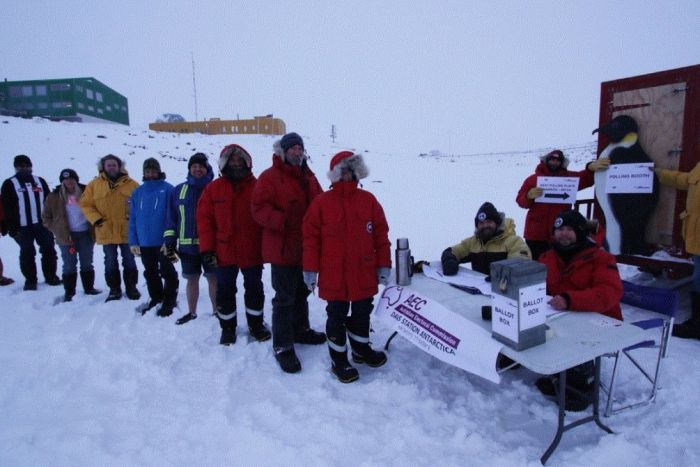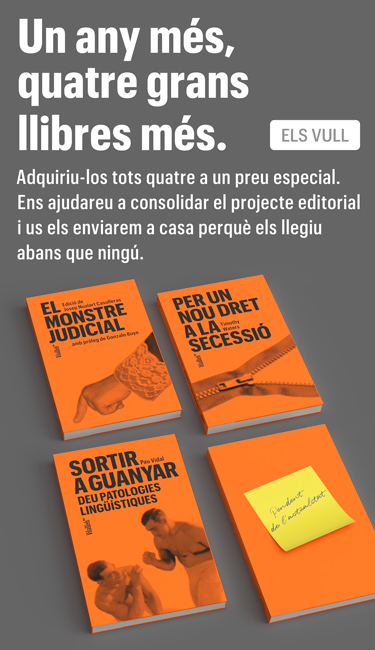01.07.2016 - 07:35
Just over 70 men and women from five stations were able to cast their votes for their home electorates after voting materials, a polling booth and a ballot box were brought in for the occasion.
The returning officer was one of the researchers, specially trained for the occasion.
“All expeditioners are trained in extra stuff, they’ve got to be able to do everything,” an Australian Antarctic Division spokeswoman said.
“We have people trained in cutting hair, being [a] post officer. And one job they take on is electoral returning officer.”
Expeditioners currently situated in Antarctica are halfway through their winter expedition.
Chef Lesley Eccles has been to Antarctica four times — but this is the first time her time in Antarctica coincides with a federal election.
Brisbane-based Ms Eccles has been working on contract with the Australian Antarctic Division since 2011.
“It is very difficult to stay in touch with what is happening with the election,” she said.
“I am fairly interested in the result, but the election night itself is difficult to follow.
“We will see the results after the fact on the internet or daily newspaper that we print.”
The acting Australian Electoral Officer for Tasmania, David Molnar, said making sure Antarctic expeditioners had their say on election day was important.
“The expeditioners eligible to vote must do so prior to 6pm on election day,” Mr Molnar said.
“The day after polling day, the AROs transmit the results to the AEC and they are then sent to the appropriate divisions around Australia for further processing.”
Temperatures at Antarctica’s Davis station in June reached as low as minus 38.2 degrees.



